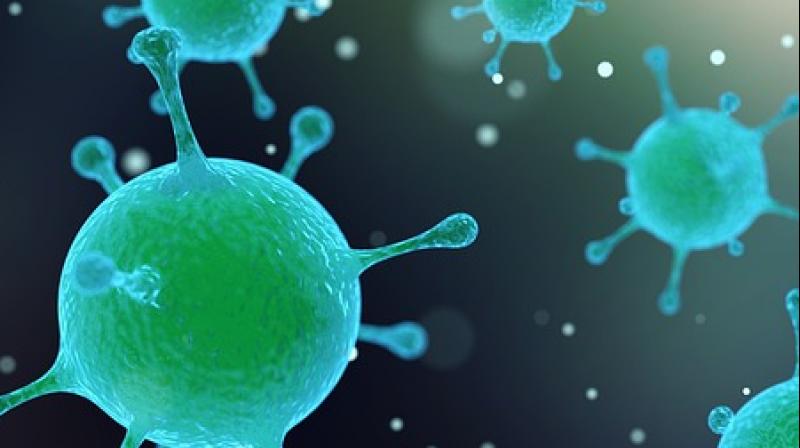Hepatitis: Guide about the infection that affects millions of Indians
Find out the symptoms, cause, types and if there is a vaccination.

Hepatitis is a serious public health problem in India. A World Health Organisation (WHO) 2016 report revealed an estimated 40 million people have chronic hepatitis B in the country and six million people have hepatitis C.
Be informed with the facts that could help protect you and make you more aware of the infection.
A detailed report by The Sun reveals important information about hepatitis.
What is it?
Hepatitis is a serious liver infection that may be caused due to heavy drinking or a viral infection.
The disease has many types and is treated in different ways. Symptoms for short-term and long-term hepatitis can be hard to spot, making it difficult for many to even know they have the condition, according to The Sun.
Long-term hepatitis is sometimes only caught through blood tests when the liver completely fails.
Symptoms according to UK's NHS:
* Muscle pain
* Fever
* Tiredness
* Sick
* Loss of appetite
* Skin feels itchy
* Urine is dark/ pale
* Faeces is grey
Types of hepatitis
Hepatitis A
- Contracted by consuming contaminated food or beverage
- Takes a few months to pass
- Has no specific treatment
Hepatitis B
- Spreads through the blood of the person infected
- Infected needles, unprotected sex, pregnant woman to baby are common ways it is transferred.
- Infected adults are able to combat the disease within a few months
- Chronic hepatitis can lead to cirrhosis and liver cancer in children
- Antiviral medication can help treat it.
Hepatitis C
- It spreads through blood-to-blood contact with a person infected
- Spreads usually by sharing needles
- It can sometimes stay in the system for many years
- Chronic hepatitis C can cause cirrhosis and liver failure
- One in four people is able to battle the infection
Hepatitis D
- Only people who are affected by Hepatitis B are infected with Hepatitis D
- Spreads through sexual contact or blood-to-blood
Hepatitis E
- Consumption of uncooked meat
- It is usually mild and short term
Alcoholic hepatitis
- Can cause liver failure and jaundice
- Not drinking will help your body to recover
- Reduce alcohol consumption to reduce your risk of getting the disease
Hepatitis vaccine
Currently there is only vaccination available for Hepatitis A. There is none for Hepatitis C, D or E.
People at high risk of the disease:
- Health care workers
- People who inject drugs
- Men who have a sexual relationship with other men
- Infected mothers can pass it on to their children

